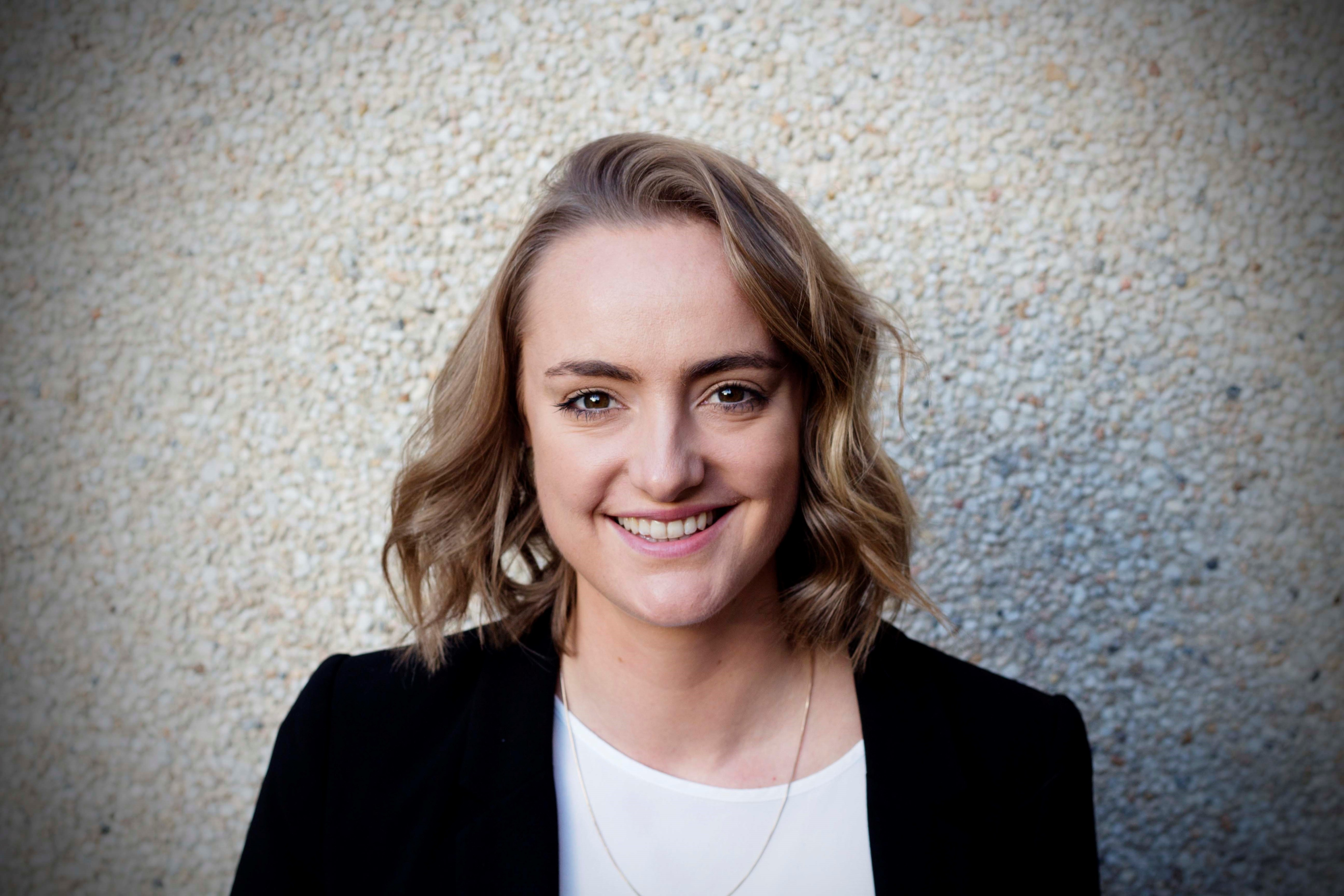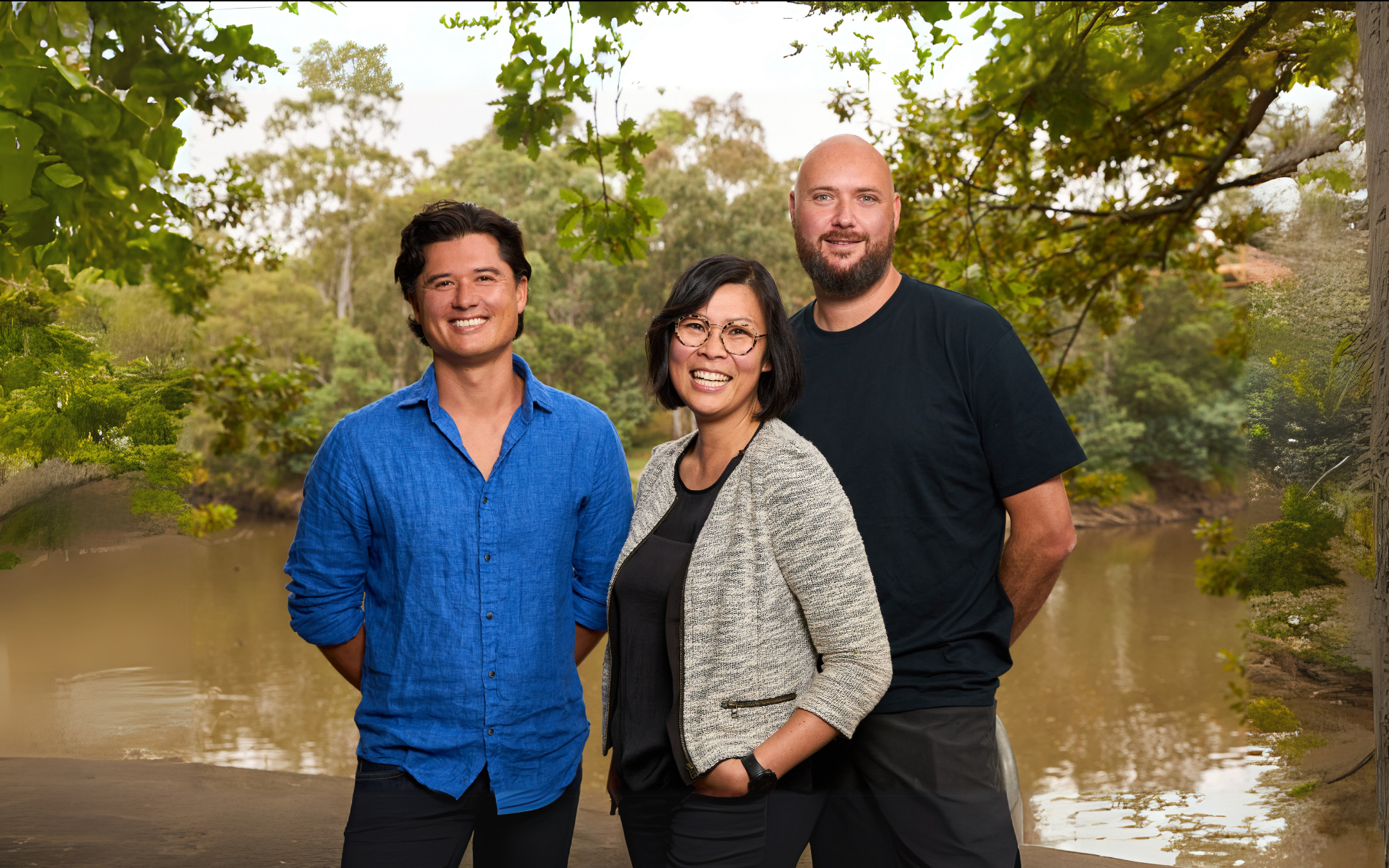In the Theory of Change series, we break down Giant Leap’s impact thesis for each investment and share how we think they’re changing the world through tackling our most pressing problems. Read our Starter Guide to Theory of Change for more context.
FlyORO has developed technology that allows sustainable aviation fuel (SAF) to be blended with conventional jet fuel at any point in the supply chain. With complete digital tracking of the fuel blend, their modular system creates the flexibility needed to lower costs and improve accessibility of SAF to more participants in aviation's decarbonisation journey.
FlyORO is led by Jonathan Yeo (CEO), Genevieve Toh (CMO) and Joe Ng (CTO), who bring expertise from oil and gas, biofuels and aviation fuels, marketing and investment banking. They’re joined by Chief Commercial Officer Damian Mc Loughlin, who brings over 25 years in aviation fuels, including senior roles at BP, Neste, Oneworld, and as interim Head of SAF at Qantas Group.
Giant Leap’s Impact Thesis
The Theory of Change for our investment in FlyORO
If Giant Leap supports FlyORO with values-aligned capital, then FlyORO will help drive the scaling and adoption of SAF by airlines, airports and fuel producers through flexible, modular SAF blending technology that works across the supply chain, therefore reducing aviation's carbon intensity and ultimately move the industry towards net zero emissions by 2050.
Impact metrics
- Number of AlphaLite units deployed
- Volume of SAF blended
- Tonnes of GHG emissions avoided
You can read more about FlyORO’s raise here.
Why SAF blending matters
Aviation accounts for around 2-3% of global CO2 emissions. As we explored in our earlier deep dive on sustainable aviation, SAF represents the most viable technology available today for reducing aviation emissions at scale. SAF can reduce lifecycle carbon emissions by up to 80% compared to conventional jet fuel and works with existing aircraft and infrastructure.
To meet net zero by 2050, SAF needs to supply 65% of global aviation fuel demand, yet it accounts for less than 1% today. The roadblocks are well-known: SAF costs two to four times more than fossil jet fuel, feedstocks are limited and production is constrained by scale. While how SAF is produced remains a critical challenge, FlyORO identified an equally important but less discussed constraint: how SAF is moved, blended and certified across a fragmented global supply chain.
Most blending today happens at large, centralised fuel terminals designed for scale and standardisation, not flexibility. Neat (or unblended) SAF often gets trucked long distances to a handful of centralised blending sites, then trucked again to airports. That means airlines, airports and even new SAF producers often face steep barriers to participation. This can include large infrastructure upgrades to accepting rigid blending percentages that don’t fit operational realities.
Making blending flexible
FlyORO's approach is fundamentally different. Their modular blending units can be deployed upstream at production sites, midstream at fuel terminals or downstream at airports. This flexibility enables a much broader set of participants to engage on their own terms, from regional airports to airlines looking to match SAF with specific routes.
Each unit offers complete digital traceability of SAF volumes and blend ratios, creating an auditable chain of custody that's critical for compliance markets, while still maintaining that optionality for flyers.
By making blending modular and easily integrable, FlyORO enables SAF to be blended where it's needed, when it's needed, and in the proportions that make operational and commercial sense. This transforms blending from a fixed infrastructure constraint into a flexible service that can adapt to different needs across the value chain, including helping airlines access SAF's up to 80% lifecycle emissions reductions more cost-effectively while meeting compliance targets.
What's next for FlyORO
FlyORO has commissioned its first Australian deployment at Toowoomba Wellcamp Airport in Queensland for Wagner Sustainable Fuels in partnership with Boeing. The deployment showcases how regional airports can offer SAF without major infrastructure overhauls.
FlyORO has identified Australia as a key market for their global expansion, using it as a foundation to scale their modular blending approach internationally.
As SAF demand grows under tightening regulations and corporate commitments, having flexible infrastructure that can adapt to different markets and operational needs may prove crucial for the industry's transition to cleaner fuels.
-
To stay close to the heartbeat of Giant Leap, sign up to the Small Steps newsletter.
.JPG)





%20-%20Edited.jpg)
